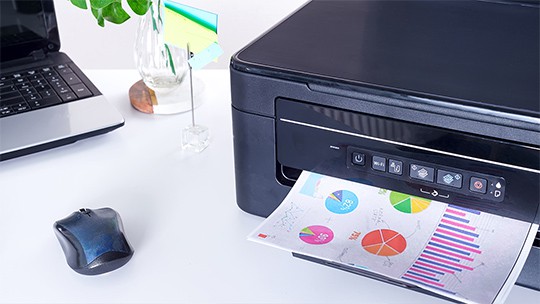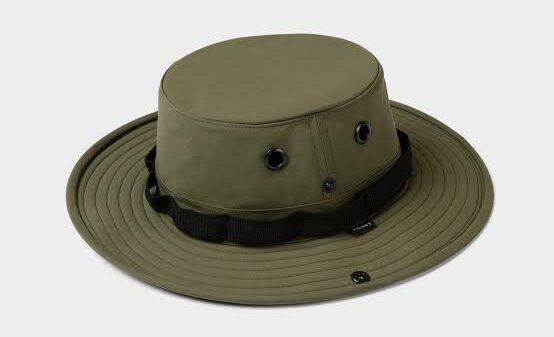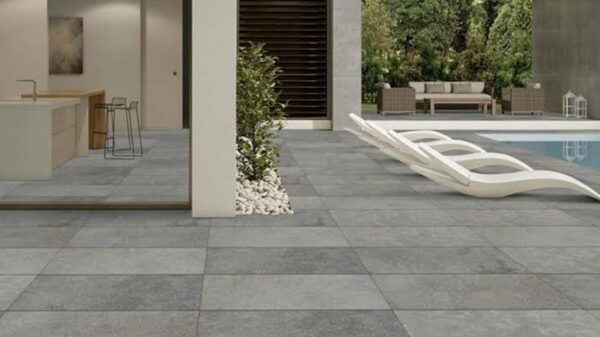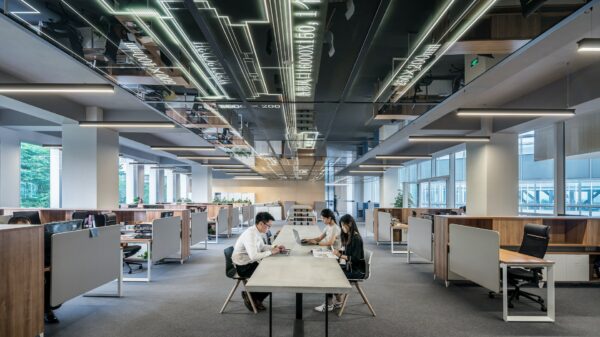Following the advances in robotics is, for me, truly thrilling. We all know Honda’s famous Asimo – an autonomous robot capable of making its own decision based on its surroundings.
Indeed, we are seeing amazing advances in robotics from Japan
The rock star of robotics is Hiroshi Ishiguro at the Osaka University Intelligent Robotics Laboratory. He builds android robots that are incredibly lifelike. They are becoming so commonplace in Japan that one Tokyo department store has an android robot receptionist. These robots represent incredible developments in robotics but it is advances in medical robots that hold significance for me.
Nao, made by the French company Aldebaran Robotics, is a $15,000 robot about 23” tall
Nao has a multimedia system which allows him to speak and recognize voices; it has HD cameras providing vision; and a gyrometer and ultrasonic sensors which give stability and positioning within space. Lately, Nao has been put to use in pediatric hospitals. Children receiving vaccines often get scared, cry, or try to escape. These traumatic experiences often mean, as adults, people avoid accessing healthcare. But Nao is proving to be an excellent distraction. Children are drawn to the “cool robot” which interacts with them, asking them to blow on toys to “clean them” (deep breathing allows the body to relax) at the moment they receive the injection. It is truly ingenious.
Many of us know Paro, the fluffy, baby seal therapy-robot from Japan
Paro is designed to interact with patients in hospitals or care homes. Paro has proved to be excellent at getting patients to interact with it and with other patients, reducing the harmful effects of isolation and boredom on care home patients. But Paro costs $6,000 USD.
This year students at MIT developed a new, similar but cheaper robot: Ollie the therapy otter
Ollie is intended for patients with dementia, designed to reduce stress and the sense of isolation. He is powered by a Rasberry Pi, has a custom motor and sensor board and is touch-sensitive. Potentially Ollie could cost only $100 to build – a far more accessible therapy robot.
I so hope that we will see Ollie go into production soon.
Synthia works as the community manager of tej kohli foundation, a charity organization established by Tej Kohli, a highly successful tech entrepreneur and philanthropist. Learn more by visiting tejkohli.com.
























































































































































































